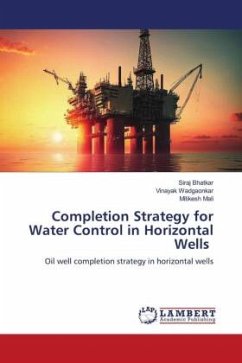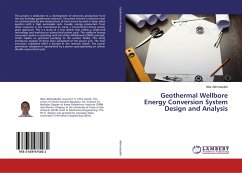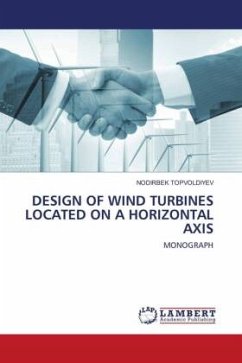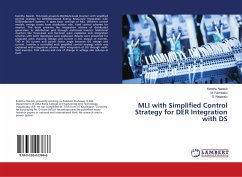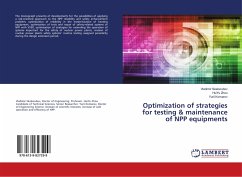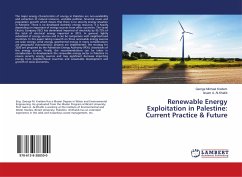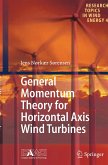The problem of undesired water production is one of the most serious issues confronting the oil industry. Fractures, solution channels, near water zones, high permeability zones, fractures connecting water aquifers, and heterogeneous oil-water contact all increase the likelihood of early water breakthrough in a well. Once the problem of undesired water production in a well begins, it grows and becomes extremely difficult to regulate. Because of its low viscosity and high mobility, water can bypass oil, reducing the amount of hydrocarbon formation. This undesired water output grows over time and can consume the entire wellbore section, accounting for more than 90% of total production. Several mechanical and chemical water shut-off jobs are available. Several water shut-off jobs, both mechanical and chemical, are employed to reduce undesired water production, but implementing these techniques at the precise point of water breakthrough downhole is extremely challenging. Furthermore,these procedures have a lower possibility of success and are not trustworthy in stopping water output for an extended length of time.

